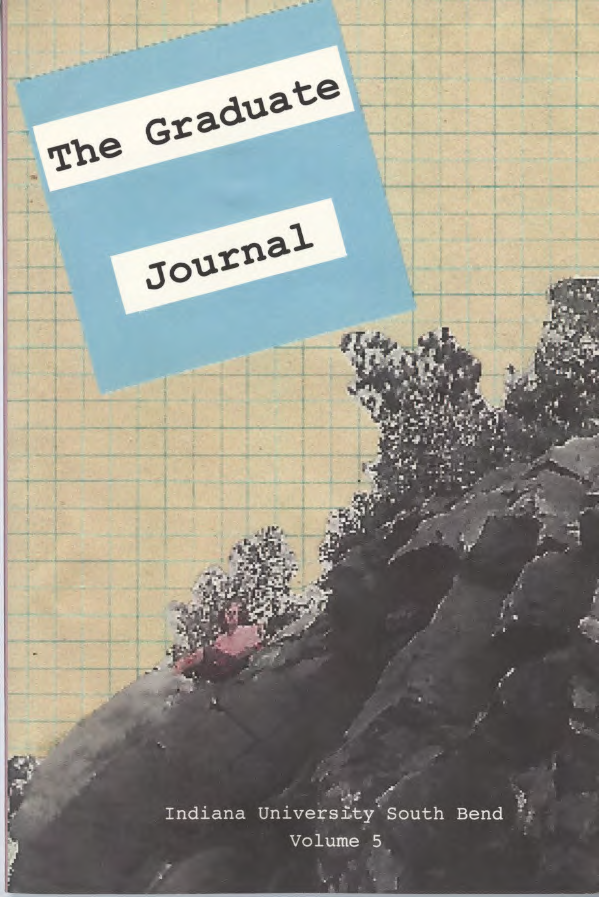Prevalence and Effect of Psychological Intervention during Sport Injury Recovery: A Focus on Amateur Athletes
Main Article Content
Abstract
Depression and olhcr social and emotional symptoms are recognized complications of sport injury (Brewer, Jelfers, Petitpas, & Van Raaltc, 1994: Podlog, et al., 2013). With more than half of America's youth participating in organized sports. research to support positive recovery practices is more important than ever (Healy, 2013). It has long been established that sport injuries transcend the physiological complications and effect other aspects of the athlete's life including their mental health (Brewer, Jelfers, Petitpas, Van Raalte, 1994). When participation is stopped suddenly due to acute injury, the athlete's stress outlet, social support, and self-determination are as well (Podlog, et al., 2013). Because the complications of sport injury are recognized as going beyond the physiological side elfects, the question then becomes to what degree should helping professionals (psychologists, counselors, etc.) assist in approving athletes to return to participation (return-to-play protocol)? Should psychological factors be considered regarding return-to-play? And who among the many supporters of young athletes (i.e., parents, coaches, athletic trainers, oursts, school counselors, etc.) should be deciding protocols for psychological intervention during sport injury recovery? The following is a compilation of research surrounding current return-to-play practices with an emphasis on the social and emotional support available and effects of this support.
Downloads
Article Details
Authors who publish with this journal agree to the following terms:>
- Authors retain copyright and grant the journal right of first publication with the work simultaneously licensed under a Creative Commons Attribution License that allows others to share the work with an acknowledgement of the work's authorship and initial publication in this journal.
- Authors are able to enter into separate, additional contractual arrangements for the non-exclusive distribution of the journal's published version of the work (e.g., post it to an institutional repository or publish it in a book), with an acknowledgement of its initial publication in this journal.
- Authors are permitted and encouraged to post their work online (e.g., in institutional repositories or on their website) prior to and during the submission process, as it can lead to productive exchanges, as well as earlier and greater citation of published work (See The Effect of Open Access).
